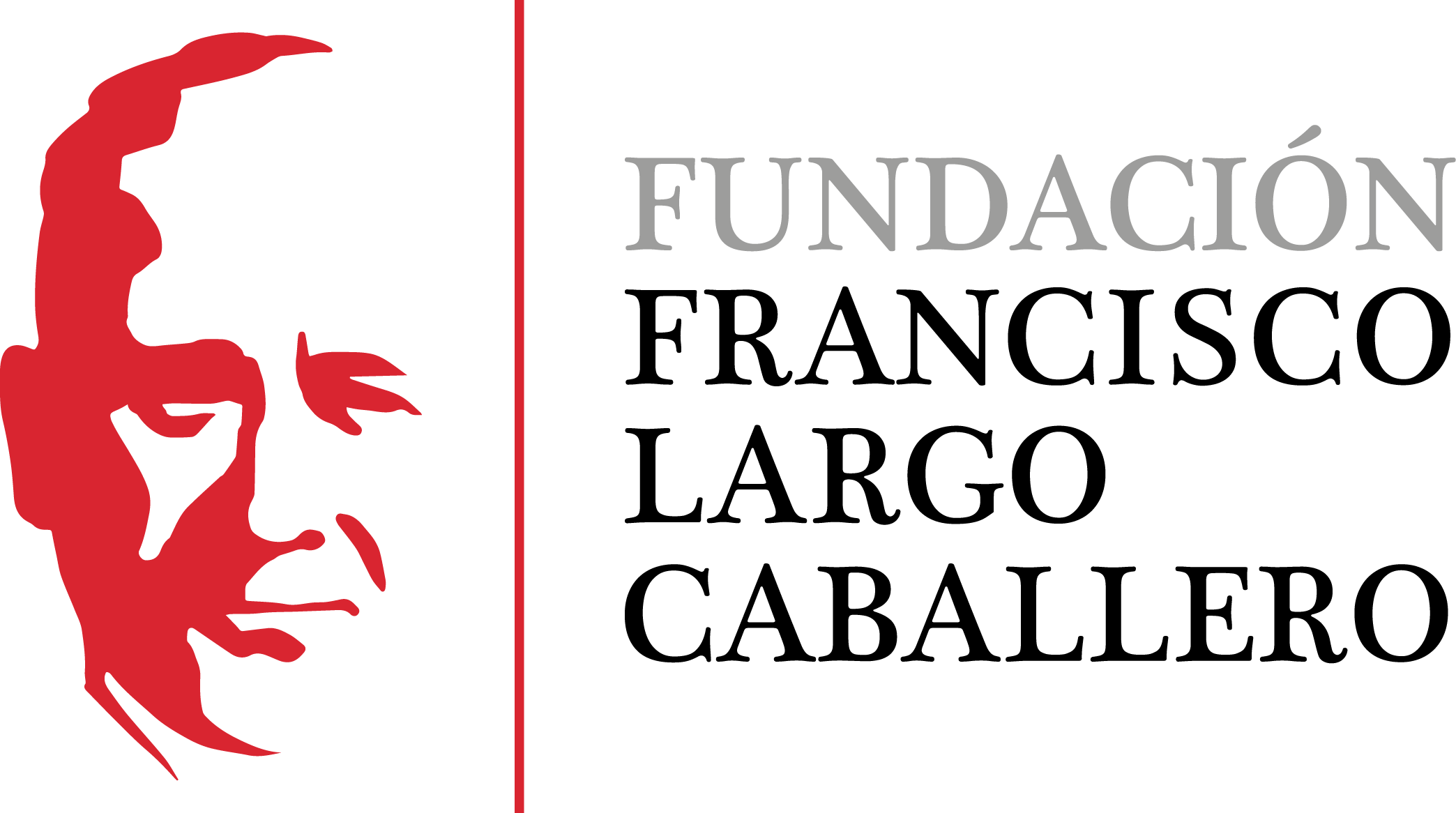Trade-Unionism, Labour World and Popular Cultures in Fascist Italy
DOI:
https://doi.org/10.69791/rahc.222Keywords:
associationism, corporativism, popular culture, leisure time, educationAbstract
The fascist conquest of the civil society involved a complex relationship of inheritance with the past and the associative traditions linked to the popular political cultures. The fascist regime tried a «nationalization of the masses». A capillary network of organizations was created in order to recompose the social interests in corporative forms (trade unions, cooperation, etc.), using a bureaucratic and hierarchical model. Exemplary was the action developed by the Opera nazionale del dopolavoro, created for the promotion of leisure time and recreational-cultural activity. Fascism promoted other institutions with the purpose of organizing both young people and women, rivalring with the Catholic Action. They were concerned about the education of the Italians and the construction of a new political class.
Downloads
Global Statistics ℹ️
|
126
Views
|
45
Downloads
|
|
171
Total
|
|
Downloads
Published
How to Cite
Issue
Section
License
Copyright (c) 2009 Maurizio Ridolfi

This work is licensed under a Creative Commons Attribution 4.0 International License.
Alcores is an open-access journal. It provides unrestricted access to its content from the moment of publication. We respect intellectual property rights, and for this reason, the author retains the copyright. All content is distributed under a Creative Commons Attribution 4.0 International (CC BY 4.0) license. The terms of the license can be consulted at: https://creativecommons.org/licenses/by/4.0/
This license allows sharing (copying and redistributing the material in any medium or format) and adapting (remixing, transforming, and building upon the material for any purpose), provided that authorship and first publication in this journal are properly credited, a link to the license is included, and any changes made are indicated.
This type of license facilitates the freedom of reuse and ensures that the content of this journal can be used to meet research needs.









